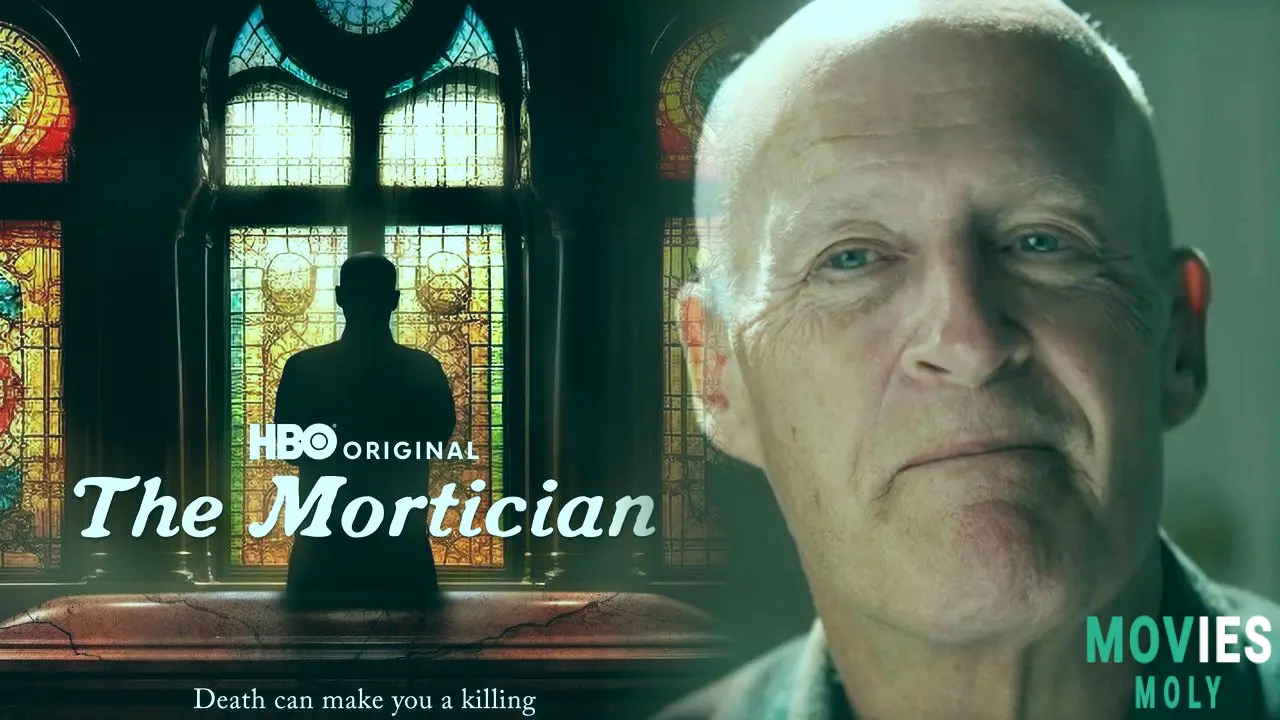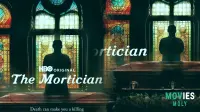If you are like me and find true crime stories strangely compelling, then you will want to check out The Mortician. This new three-episode documentary series hits HBO Max and it is not for the faint of heart. It tells the chilling tale of the Lamb Funeral Home in Pasadena, California. What starts as a seemingly respected family business takes a dark turn when a young family member takes over. Suddenly, ethics go out the window in truly shocking ways.
The story focuses on David Sconce. When he stepped into the family business, things changed dramatically. The show dives into accusations of defiling bodies, selling organs, pulling gold teeth, and even mass cremations done just to make more money. There are even suggestions of murder. It is a wild ride that makes you question how someone could do such things. It certainly sounds like a disturbing watch.
Former Los Angeles funeral director David Sconce will speak openly in the HBO series. In 1989, Sconce admitted guilt to several serious crimes. These included mutilating bodies, carrying out mass cremations for higher profits, and taking items off bodies. He also hired people to beat up rival morticians. He was sentenced to five years in prison for these deeds. This shows the level of his disregard for the dead and his competitors.
The Mind Of David Sconce: Shocking Confessions From The Man At The Center Of The ScandalHow One Man's Lack Of Remorse Shaped A Dark Chapter In Funeral Home History
Sconce was also accused of poisoning his competitor Timothy Waters. However, those charges were dropped because there was not enough proof. He got out of prison in 1991 but was sent back in 2013 for breaking his parole. Sconce was released on parole again in 2023. Now he is ready to tell his story in The Mortician, which started on Sunday, June 1. What he says might make your skin crawl.
In a clip from the show, Sconce says, “I don’t put any value in anybody after they’re gone and dead, as they shouldn’t when I’m gone and dead. Love ‘em when they’re here — period.” This statement alone tells you a lot about his mindset. He also talks about mass cremations very casually. In California, cremations usually must be done one by one unless a family member says in writing that a multiple cremation is okay. Sconce had a different way of looking at things.
He explained his reasoning for mass cremations: “I could cremate one guy in, like, two hours, or you could put ten of ‘em in there, and it would take two and a half hours. So, what would be the difference? There is none. … That’s not your loved one anymore.” This approach to bodies as simply "flesh and bone" without any human connection is truly unsettling. It highlights his complete lack of respect for the deceased and their grieving families. His words are direct and cold. This is perhaps one of the most chilling parts of the docuseries.
Behind The Scenes Of The Mortician Docuseries: Telling A Real Life Horror Story
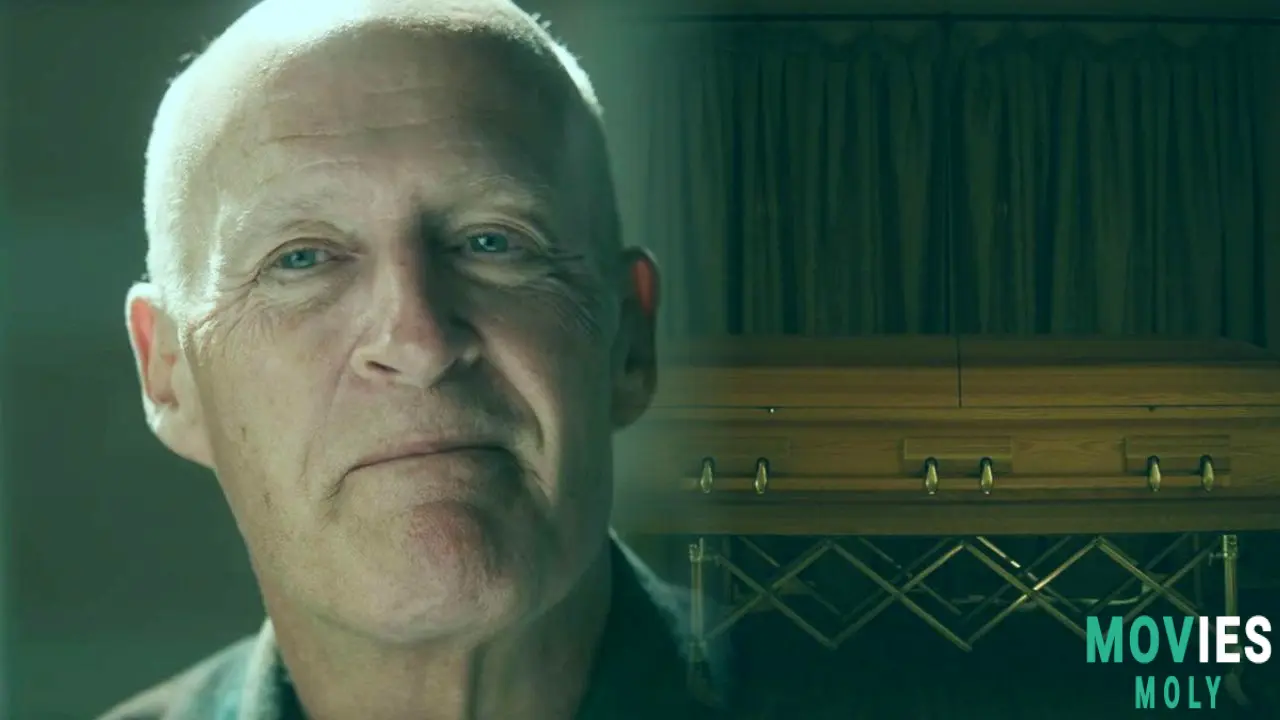
What Drove The Filmmakers To Reveal Such A Troubling And Unsettling True Crime Tale
The series synopsis describes The Mortician as the tale of "a trusted family-owned funeral home that hid behind a facade of decency and propriety to take advantage of loved ones at their most vulnerable moments." This summary really captures the feeling of betrayal felt by those who used the Lamb Funeral Home. Joshua Rofé directs the docuseries. He told People that he was drawn to the topic because he likes "L.A. noir" stories. He also likes stories that look at the hidden parts of the complex city of Los Angeles.
Rofé continued, “In ‘The Mortician,’ I found a chilling story about the business of death that was distinctly L.A. noir but was also layered with our relationship with grief and loss.” The combination of a dark crime story with deeper ideas about human emotion is what often makes these kinds of documentaries so impactful. It suggests the show will not just be about the crimes but also about the larger meaning of how we treat the dead and how people deal with losing someone.
David Sconce is not the only person who speaks in The Mortician. The trailer shows a woman who was affected by his actions. Interviews with people who worked for him, families of the deceased, and even rival funeral directors help paint a full picture. This helps the audience understand the wide reach of Sconce's deception. One former worker, who chose to remain unidentified, talks about a clothes hanger full of rings Sconce stole from bodies. Sconce's ex-wife, Barbara Hunt, also talks about his family. She recalled them asking on her wedding day if she really wanted to marry him. These details add layers to the already disturbing story.
The Disturbing Methods And The Aftermath: How Sconce Profited From Pain
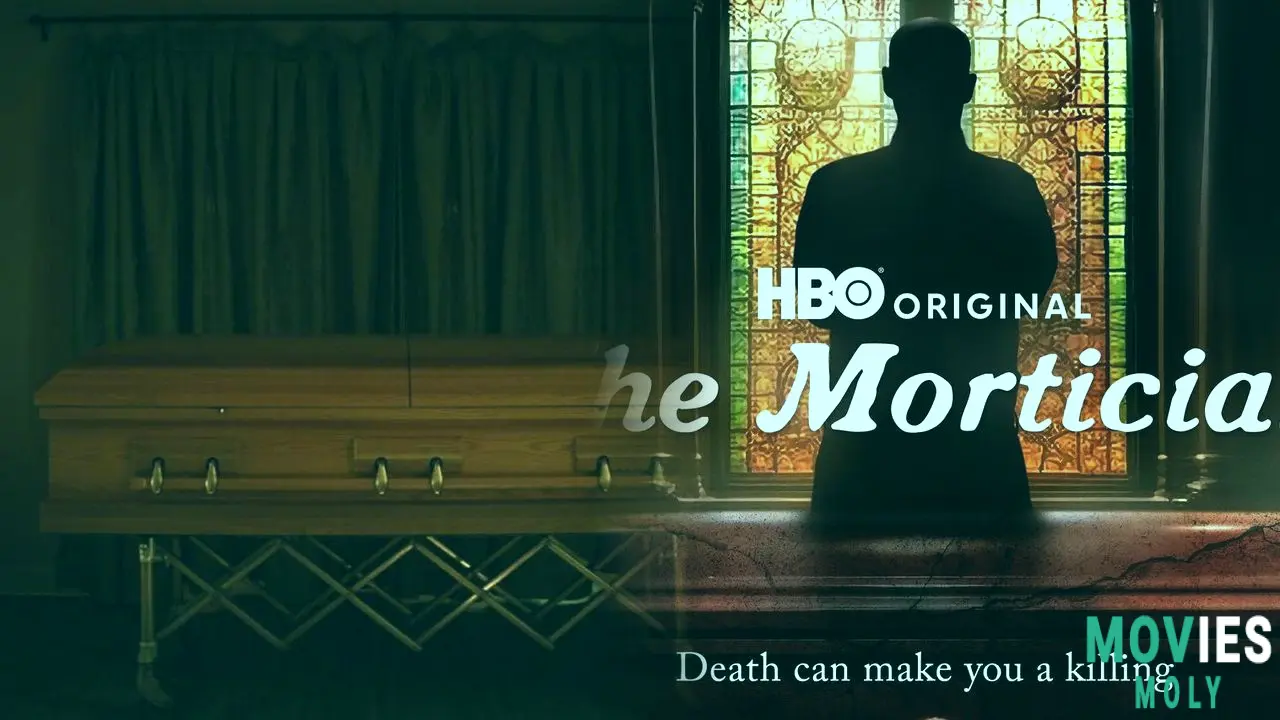
Exploring The Unethical Practices And The Long Term Impact On Victims And The Community
Sconce came from a long line of undertakers who ran the Lamb funeral home since 1929. It was one of the top places in Pasadena for funeral services. Sconce took over in the 1980s. Before he fully took charge, he started a unique side business. He offered pickup services for places that brought bodies to the family crematorium. He also offered lower prices than other funeral homes. This helped him quickly build his business. Within a couple of years of starting this service Sconce was cremating over 4,000 bodies each year.
This number raised questions. His family's crematorium only had two furnaces. It takes about two hours to fully burn one body. So, how was that possible? He did it by stuffing as many bodies as he could into the furnaces. He often had to break bones to make them fit. This also meant that the ashes were mixed together. Customers who wanted the remains of their loved ones likely received mixed remains. This is a profound violation of trust and goes against common practice and respect for the dead. It is a chilling detail that shows how far he would go for profit.
There were other horrible things Sconce did, or told his staff to do. He would cut off fingers that had rings on them. He chipped fillings off teeth to get the gold. He also had his staff threaten and beat up rival funeral directors, especially if they started to speak out about his methods. These actions show a pattern of extreme greed and a complete lack of human decency. It is a stark reminder of how a business meant for comfort and dignity can become a place of exploitation and horror.
Why The Mortician Is A Must-Watch Documentary On HBO Max This Month
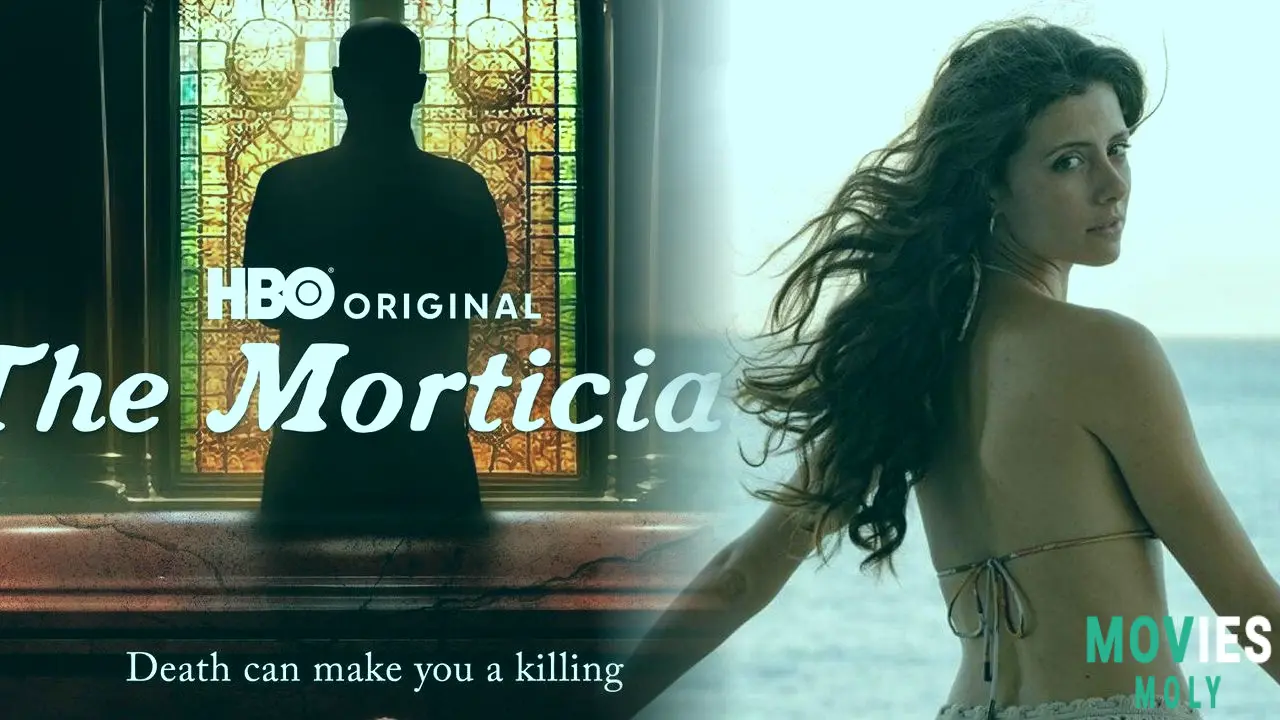
A Look At The Show's Style And Why It Captures The Attention Of True Crime Fans
The Mortician has a dark, unsettling style. This is similar to another recent HBO docuseries called Ren Faire. What truly makes The Mortician so interesting is that the director, Joshua Rofé, managed to get an interview with David Sconce himself. You can learn almost everything you need to know about this sad story by listening to Sconce. He seems to only have explanations and excuses, showing absolutely no regret for his actions.
When Sconce is asked about his ways of making the most money by burning multiple bodies in one furnace, his answers seem almost disconnected from reality. He believes that once people are dead, their bodies are just bodies, not people anymore. When it comes to mixing ashes, he defends himself by saying that some ashes from other people will always be mixed in. This is just how cremation ovens work, he claims. His responses truly show a person who does not care how grieving families feel about the respect for their loved ones' remains. For him, it is purely a business transaction. If he has to disfigure bodies to fit them into the oven, then that is what he will do. If he puts random ashes from a trash can into a container and tells someone it is their loved one’s remains, that is not a problem for him either.
When Sconce talks about these things, he gives off a creepy and unpleasant feeling. Rofé does not shy away from showing just how strange it all is. The next two parts of the series will cover more about how Sconce ended up in prison twice. His most recent stay was after he broke his parole. I expect more unsettling details as the series goes on. This is exactly the mood Rofé wants to create with this documentary. This is a show that will likely stay with you long after you watch it.

